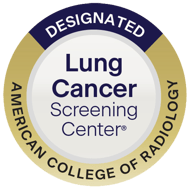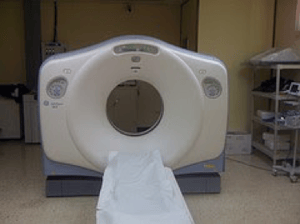- Find A Provider
- Services
- Behavioral Health
- Breast Health
- Cancer Care
- Cardiology
- Dermatology
- Diabetes
- Diagnostic Imaging
- Digestive Health
- Emergency Care
- Endocrinology
- Geriatrics
- Home Medical Equipment
- Infectious Disease
- Intensive Care
- Kent Hospital at Home
- Kidney Stone Center
- Lab Services
- Lung and Respiratory Health
- Neurology
- Obstetrics and Gynecology
- Orthopedics and Sports Medicine
- Pregnancy and Childbirth
- Primary Care
- Radiology
- Rheumatology
- Social Services
- Sleep Medicine
- Rehabilitation Services
- Stroke Care
- Surgical Care
- Wound Recovery
- Patients & Visitors
- For Healthcare Providers
- Contact Us
- Services
- Behavioral Health
- Breast Health
- Cancer Care
- Cardiology
- Dermatology
- Diabetes
- Diagnostic Imaging
- Digestive Health
- Emergency Care
- Endocrinology
- Geriatrics
- Home Medical Equipment
- Infectious Disease
- Intensive Care
- Kent Hospital at Home
- Kidney Stone Center
- Lab Services
- Lung and Respiratory Health
- Orthopedics and Sports Medicine
- Primary Care
- Radiology
- Rheumatology
- Social Services
- Sleep Medicine
- Spaulding Rehabilitation Services
- Stroke Care
- Surgical Care
- Wound Recovery
- Patients & Visitors
- For Healthcare Providers
- Contact Us
- Pay My Bill
- Careers
- My Health Record
- +1 (401) 227-3669



 The only recommended screening test for lung cancer is low-dose computed tomography (also called a low-dose CT scan, or LDCT).
The only recommended screening test for lung cancer is low-dose computed tomography (also called a low-dose CT scan, or LDCT).